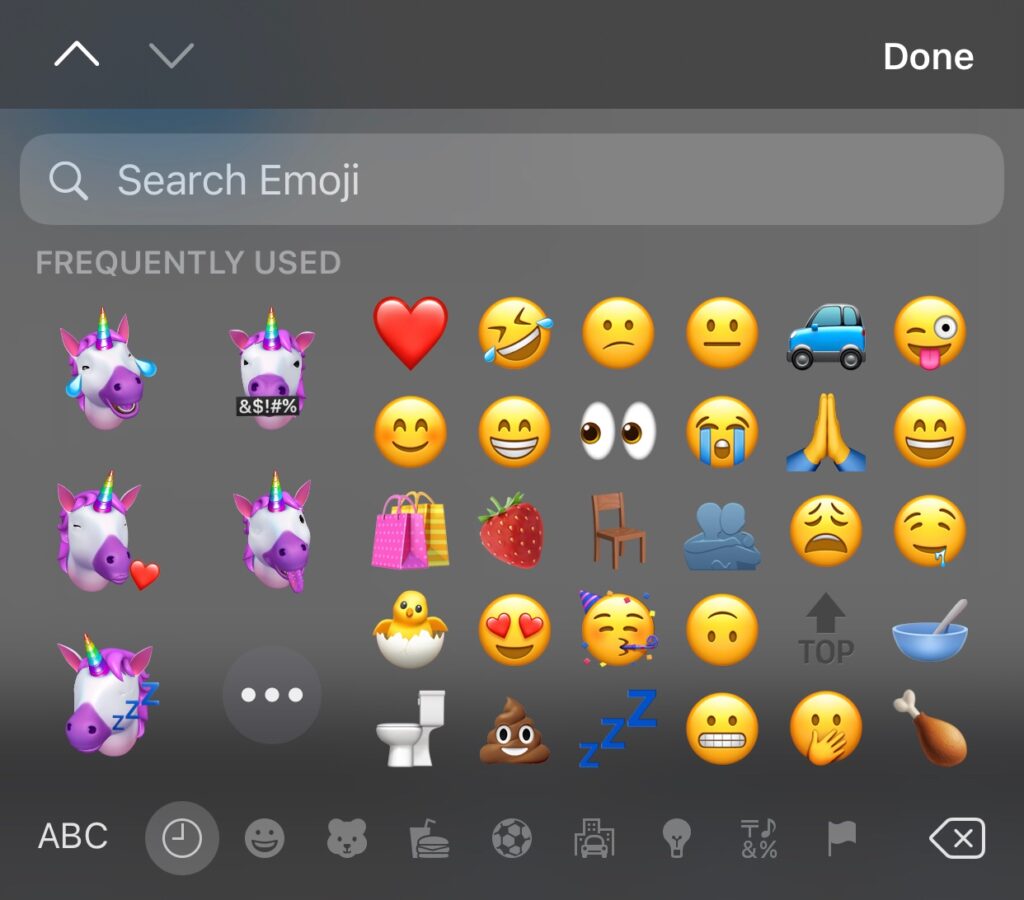
In today’s digital world, where privacy, security, and access are top priorities, proxy servers have become increasingly important. Whether you’re an individual looking to maintain anonymity online or a business seeking faster, more secure web access, proxies offer a wide range of benefits. This comprehensive guide will walk you through everything you need to know about proxies, how they work, the different types, and why they’re so valuable in our connected world.
For more resources on proxies, visit ProxyWebsites.org.
What is a Proxy?
A proxy is an intermediary server that separates end users from the websites they browse. It acts as a gateway between your device and the internet. When you use a proxy server, your internet traffic is routed through the server first before reaching the destination website.
Think of a proxy as a middleman. When you request a website, the proxy receives the request, sends it to the website on your behalf, collects the website’s response, and forwards it to you.
How Does a Proxy Work?
Let’s break down the process:
- You open your browser and type in a URL.
- Your request goes to the proxy server.
- The proxy sends the request to the website.
- The website responds to the proxy.
- The proxy sends the content back to you.
This detour helps mask your real IP address, which enhances privacy and can bypass geographical restrictions.
Types of Proxies
There are several different types of proxies, each designed for specific use cases. Understanding them helps you choose the right one for your needs.
1. Forward Proxy
This is the most common type. It sits between the user and the internet. A forward proxy hides your IP address and can cache data to improve load times.
2. Reverse Proxy
Unlike a forward proxy, a reverse proxy sits between the internet and a server. It is used by web servers to manage traffic, load balance, and improve performance.
3. Transparent Proxy
A transparent proxy doesn’t modify your requests and is often used by businesses or schools to monitor internet usage. Users usually don’t know they’re being routed through a transparent proxy.
4. Anonymous Proxy
This type hides your IP address but still identifies itself as a proxy. It offers basic anonymity but not complete invisibility.
5. Elite or High Anonymity Proxy
This is the highest level of anonymity. It hides your IP and doesn’t reveal that you’re using a proxy at all. Ideal for privacy-focused users.
6. Residential Proxy
These use real IP addresses provided by Internet Service Providers (ISPs). They appear more legitimate and are harder to block than data center proxies.
7. Data Center Proxy
These are not associated with ISPs. They are cheaper and faster but easier to detect and block.
8. SOCKS Proxy
SOCKS proxies handle any kind of traffic (e.g., HTTP, FTP, torrents), not just web browsing. They’re flexible but usually slower.
9. HTTP Proxy
These are specifically used for web traffic. They support caching, access control, and content filtering.
Why Use a Proxy?
People and businesses use proxies for a variety of reasons. Here are the key benefits:
1. Enhanced Privacy and Anonymity
One of the main reasons people use a proxy is to protect their identity online. By masking your IP address, proxies prevent websites from tracking your real location or personal data.
2. Bypassing Geo-Restrictions
Some content on the internet is limited to specific countries or regions. With a proxy, you can access this content by connecting through a server located in an allowed region. This is especially helpful for streaming services, news sites, or even accessing restricted social media platforms.
3. Improved Security
A proxy can act as a buffer between your device and malicious websites. It can help filter harmful content and protect your network from threats. Some advanced proxies even support encryption to further secure your data.
4. Bandwidth Savings and Faster Speeds
Some proxies cache commonly accessed websites. This means if multiple users request the same content, the proxy can serve the saved version instead of fetching it again. This reduces bandwidth usage and speeds up access.
5. Control Over Internet Usage
Organizations and parents often use proxies to control and monitor internet activity. You can block access to certain websites, filter content, and even log internet usage.
6. Web Scraping and Data Mining
Businesses use proxies to scrape data from websites without getting blocked. By rotating IP addresses with residential or data center proxies, you can collect valuable market information anonymously and efficiently.
7. Load Balancing for Websites
Websites that receive high traffic use reverse proxies to distribute the load evenly across multiple servers. This helps maintain performance and prevents crashes.
8. SEO Monitoring and Research
Proxies are essential tools for SEO professionals. They help monitor keyword rankings from different regions, analyze competitors anonymously, and access SERP data without being blocked.
How to Choose the Right Proxy
Selecting the right proxy depends on your goals. Here are some factors to consider:
- Purpose: Are you using it for personal browsing, business scraping, or security?
- Anonymity Level: Do you need high anonymity or just basic protection?
- Speed and Performance: Some proxies are faster than others.
- Cost: Free proxies exist, but they often lack security and reliability.
- Location: Choose a server location that aligns with your needs (e.g., accessing content from a specific country).
- Security Features: Look for features like encryption, IP rotation, and data logging policies.
For reliable and up-to-date proxy services, check out ProxyWebsites.org.
Free vs. Paid Proxies
It might be tempting to use free proxies, but they come with trade-offs.
Free Proxies:
- Limited speed and bandwidth
- Unreliable performance
- Higher risk of malware or tracking
- Often overused and blocked
Paid Proxies:
- High speed and performance
- Greater reliability
- Stronger security
- Better customer support
- Access to advanced features like rotating IPs
If your needs are more serious—such as for business, research, or security—investing in a paid proxy is highly recommended.
Common Uses of Proxies in Daily Life
Here are some practical examples of how people use proxies:
- Students use proxies to access blocked websites on campus networks.
- Remote workers connect through proxies to safely access company servers.
- Journalists use proxies to bypass censorship in restrictive countries.
- Online shoppers use proxies to check region-specific deals or avoid price discrimination.
- Gamers use proxies to reduce lag or access game servers in other countries.
- Marketers monitor ads or campaigns running in different geographic areas using proxies.
Are Proxies Legal?
In most countries, using a proxy is completely legal. However, it depends on how you use it. Accessing copyrighted material, bypassing licensing agreements, or engaging in illegal activities via a proxy can get you in trouble.
Always follow local laws and terms of service of the websites you visit.
Difference Between a VPN and a Proxy
Although similar in purpose, proxies and VPNs function differently.
- Proxies only redirect specific traffic (like browser traffic).
- VPNs encrypt and reroute all internet traffic from your device.
- Proxies don’t usually encrypt data.
- VPNs are better for complete privacy but may be slower than a good proxy.
For casual use or specific tasks like web scraping, a proxy might be all you need.
Conclusion
Proxies play a crucial role in modern internet usage. They help users maintain anonymity, access restricted content, enhance security, and improve browsing performance. With various types available—each serving different purposes—there’s a proxy for every need.
Whether you’re looking to explore the internet freely, protect sensitive data, or gather valuable insights for your business, proxy servers offer the flexibility and functionality to get the job done.
Ready to start using proxies? Visit ProxyWebsites.org for more insights, tools, and trusted proxy services.


